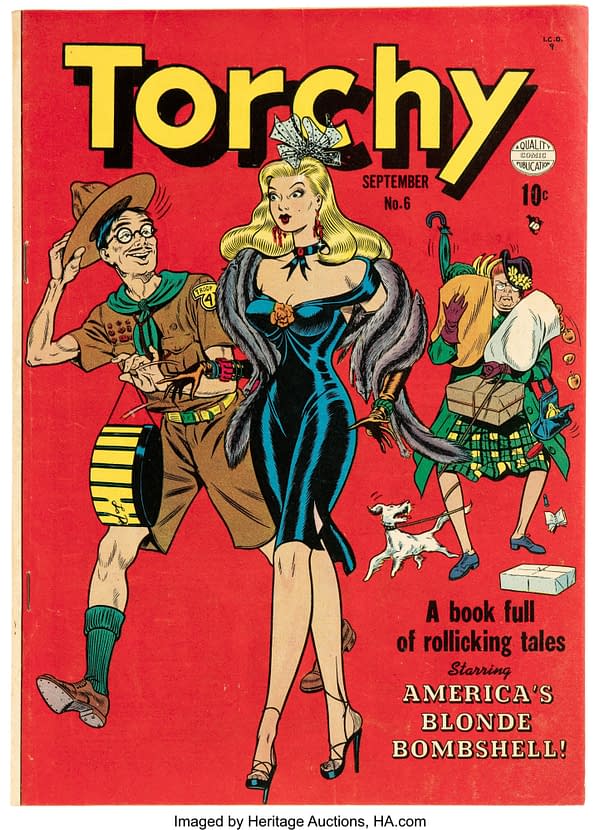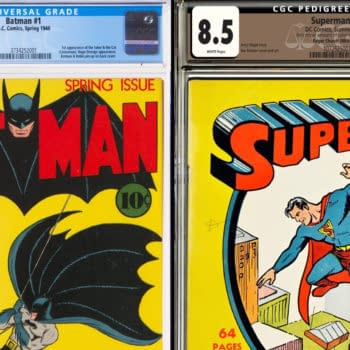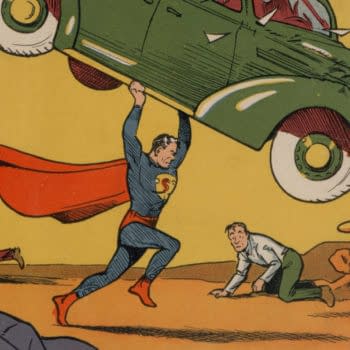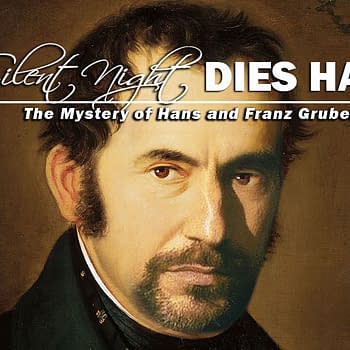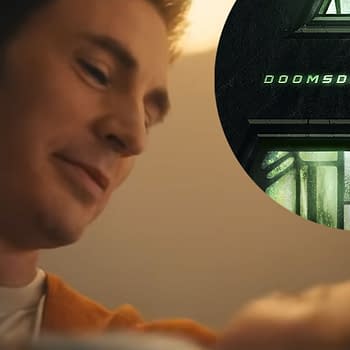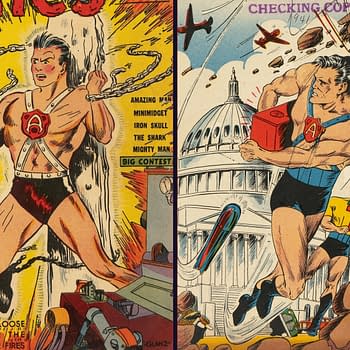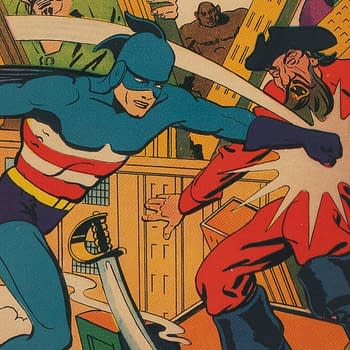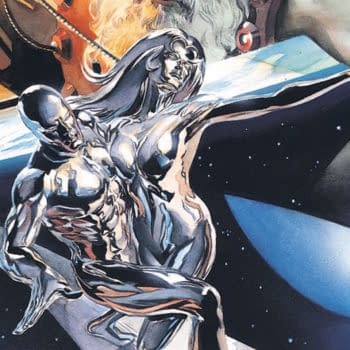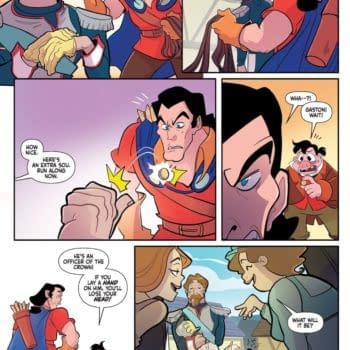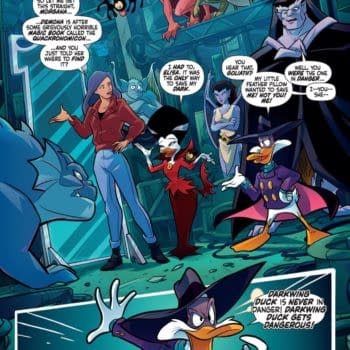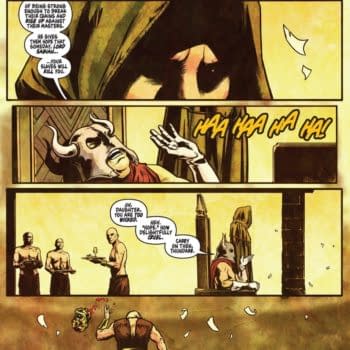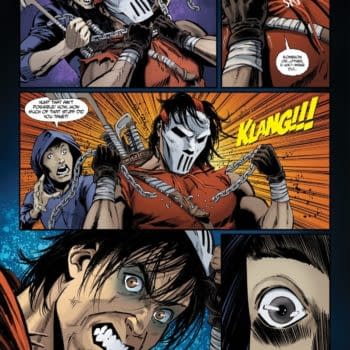Posted in: Comics, Heritage Sponsored, Vintage Paper | Tagged: quality comics
Bill Ward's Torchy in the End of Her Own Series, Up for Auction
The creation of artist Bill Ward, pre-Code glamour icon Torchy ended her brief but memorable series run at Quality Comics with Torchy #6.
Article Summary
- Bill Ward's Torchy has root in Ack-Ack-Amy comic strip, evolving from Rhode Island Naval Base beginnings.
- Torchy comic strips began in 1944, succeeding in Army newspapers, then appearing in Doll Man #8 in 1946.
- Scripted by Gwen Hansen, Torchy's slapstick humor led to its notorious "banned in Boston" incident in 1950.
- Torchy's brief but impactful series concluded with issue #6, amidst rising censorship pressures.
The path towards the creation of Torchy started after Bill Ward was drafted in December 1942. Stationed at Quonset Point Naval Air Base in Rhode Island, Ward was approached to do a comic strip in the base paper, the Quonset Scout. "Would you believe that this was the beginning of Torchy?" Ward would later write, "I was actually forced into it. True she was a brunette and her name was Ack-Ack-Amy, but she had the same fabulous shape and she was a nitwit who always won out in the end. Right away the strip took off."
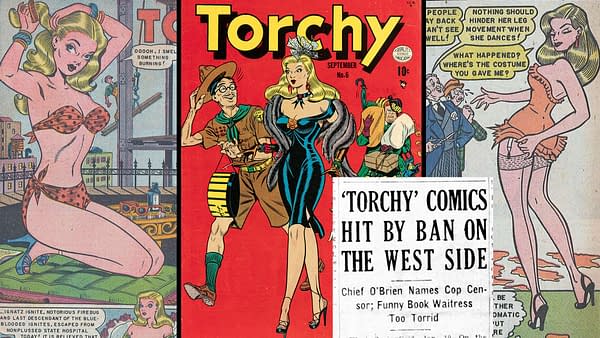
A short time later, Ward was asked to do a similar strip for the Fort Hamilton Army Base newspaper, and Torchy was born in 1944. The strip was syndicated to other U.S. Army newspapers around the world shortly thereafter. The character made her comic book debut in Doll Man #8 (cover-dated Spring 1946), appearing at Quality Comics in Doll Man, Modern Comics, and her own short-lived Torchy title.
According to a 1979 article in Jim Steranko's Mediascene magazine, the Torchy series was scripted by Gwen Hansen, a Quality Comics writer and editor who also worked on Doll Man and Plastic Man. The Torchy stories were essentially slapstick comedy designed to transition Torchy out of her clothes as often as possible, so it's no surprise that this caught the attention of the era's comic book censors. Torchy was banned in Boston in January 1950 with the headline declaring "Funny Book Waitress Too Torid." Based on a reaction to the lead story in Torchy #3, a mother had complained about the tale in which a down-and-out restaurant had hired the lovely Torchy to serve hamburgers while "scantily dressed" to improve business. The title showed up on other local ban lists around this time as well.
Perhaps due in part to such pressures, the series ended with #6. The final issue of a brief and very memorable run, there's a VG/FN condition copy of Torchy #6 (Quality, 1950) up for auction in 2024 October 3 – 5 Good Girl Art and Romance Comics Showcase Auction #40269.
